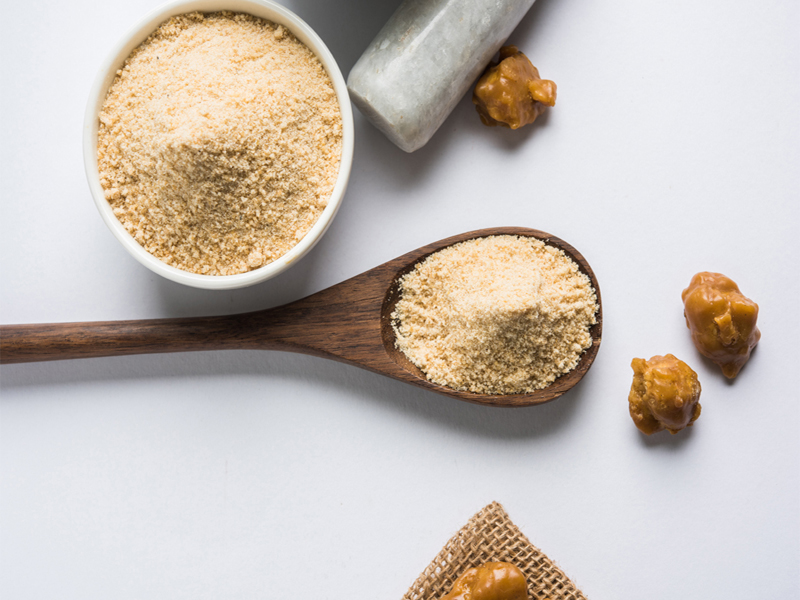Indian Jujube Benefits: 16 Reasons Why Jujube Is Beneficial For Our Body
Have you ever heard about Jujube fruit? The name sounds like a word used by a magician. Traditionally used in China, the Jujube fruit has high amounts of saponin that helps your body relax, induce sleep and reduce anxiety. It is also called Indian Jujube, Chinese date, and red date worldwide, and this little fruit looks a lot like a date. Jujube benefits come from nutrients like flavonoids and polysaccharides, which help you deal with gastrointestinal issues.
Let us go through this article to know all the science-backed Jujube health benefits, possible side effects and nutritional content. Read on!
What is Jujube Fruit?:

Jujube fruit is a small fruit member of the buckthorn family plants with yellowish-green flowers and shiny green leaves. When mature jujube fruit looks purplish-brown and wrinkled, similar to a date. In contrast, when unripe, the fruit is oval and green in colour. Jujube tastes like dates when mature, though it has a consistency and taste of an apple when ripe. The name of Jujube fruit in other languages are:
- Tamil and Malayalam – Elanthapazham.
- Telugu – Regu Pandu.
- Hindi – Ber.
- Marathi and Gujrati – Bor.
- Oriya – Barakoli.
Jujube Nutrition Facts:
Jujube fruit is an excellent and healthy snack because of its low calorie and high fibre content. Here is the nutritional content of a 100-gram serving of raw Jujube.
- 79 calories.
- One gram protein.
- O grams fat.
- 20 grams carbs.
- 10 grams fibre.
- 77% DV of Vitamin C.
- 5% DV of Potassium.
Top 16 Health Benefits of Jujube Fruit:
Jujube fruit in every form has several benefits because of the nutritional content of the fruit. Let us go through the following section to know more about the help of this fruit in detail:
1. Rich in Antioxidants:
The jujube fruit benefits come from several antioxidant compounds, triterpenic acids, primary flavonoids, and polysaccharides. In addition, the high levels of Vitamin C also act as an antioxidant which helps protect your body from free radical damage (1)(2). The damage caused by free radicals has been the primary reason for chronic conditions like heart disease and type-2 diabetes.
























